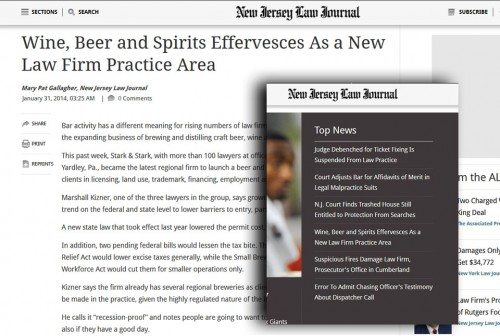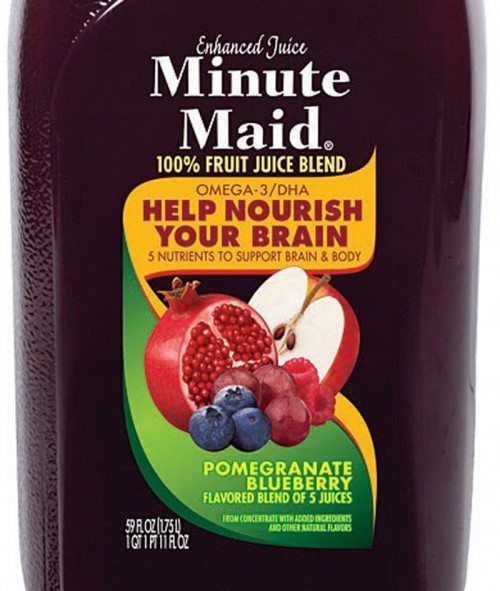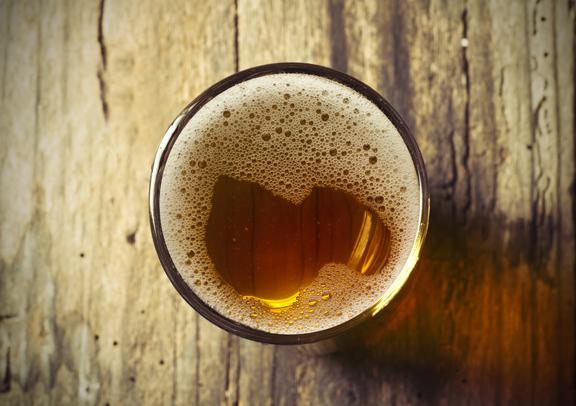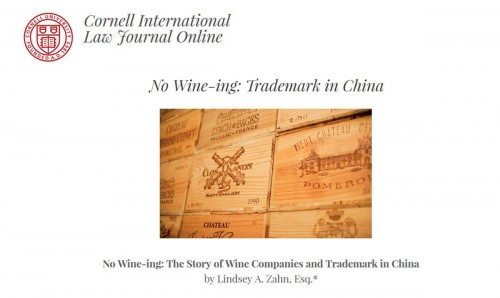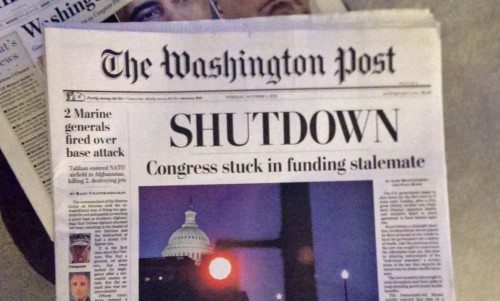I am thinking this may be the best label ever, about lawyers. If I am not mistaken, that is a garden-variety lawyer, right below “Welcome, Trademark Attorneys!” and right above the briefcase. The lawyer just happens to be wearing a pink shirt, white suit, and closely resembles a werewolf.
It all started when Clown Shoes beer company got label approval for a Vampire Slayer beer in 2011. It is important to note that this beer claims to be made with “holy water” and “vampire killing stakes.”
In short order, the company that controls various VAMPIRE-related trademarks, pounced, and pushed Clown Shoes to cease and desist from using VAMPIRE terminology. Here is an example of a recent label approval, for a wine marketed by the company that controls the VAMPIRE mark. Clown Shoes explains:
Continue Reading Leave a CommentVampire Brands and TI Beverage Group, connected companies out of California that primarily market vampire themed wine, were suing us. They came to market six months after Vampire Slayer began distribution with a beer made in Belgium called Vampire Pale Ale, but they filed a trademark application prior to our distribution. Their position was that our use of the name Vampire Slayer was harming their ability to sell Vampire Pale...

